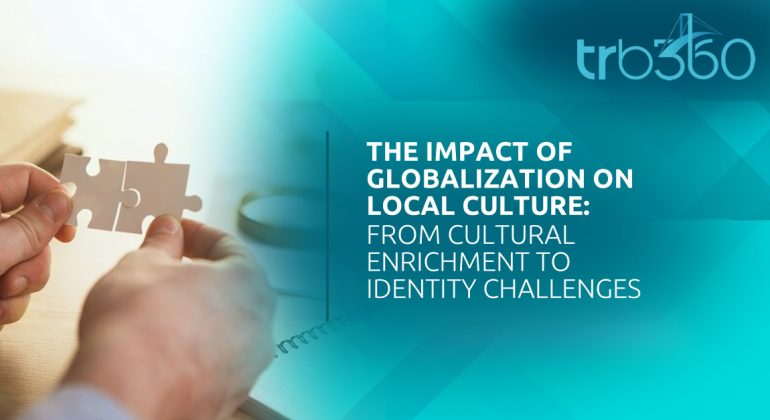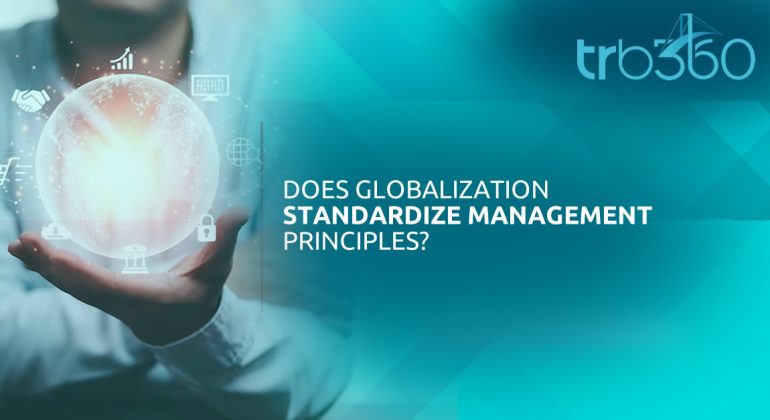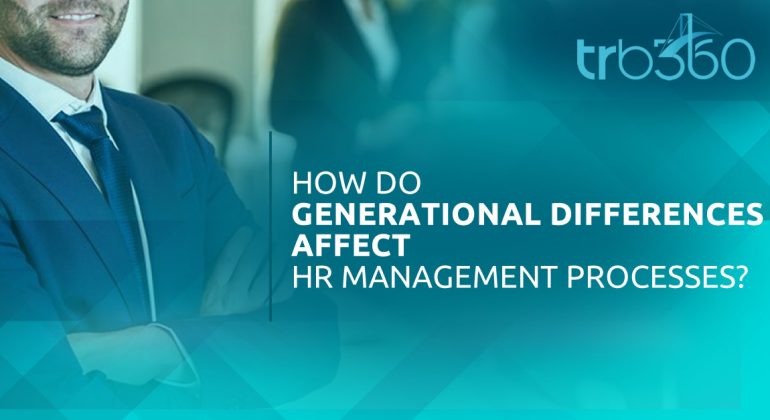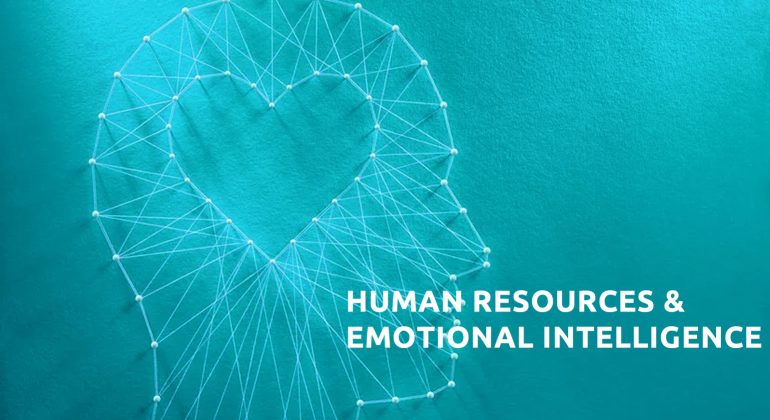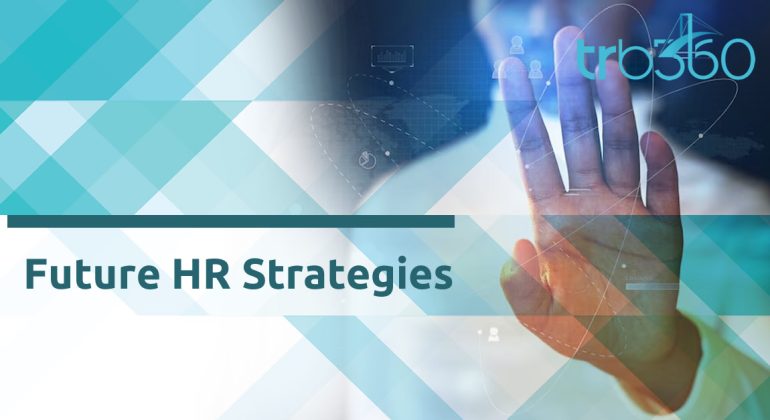Headhunting: The Art of Finding Top Talent for Key Roles
Finding and hiring the right talent—whether in the IT sector or any other industry—is crucial for success. This is where headhunting services play a vital role. So, what exactly is headhunting, and what should both service providers and clients keep in mind?



